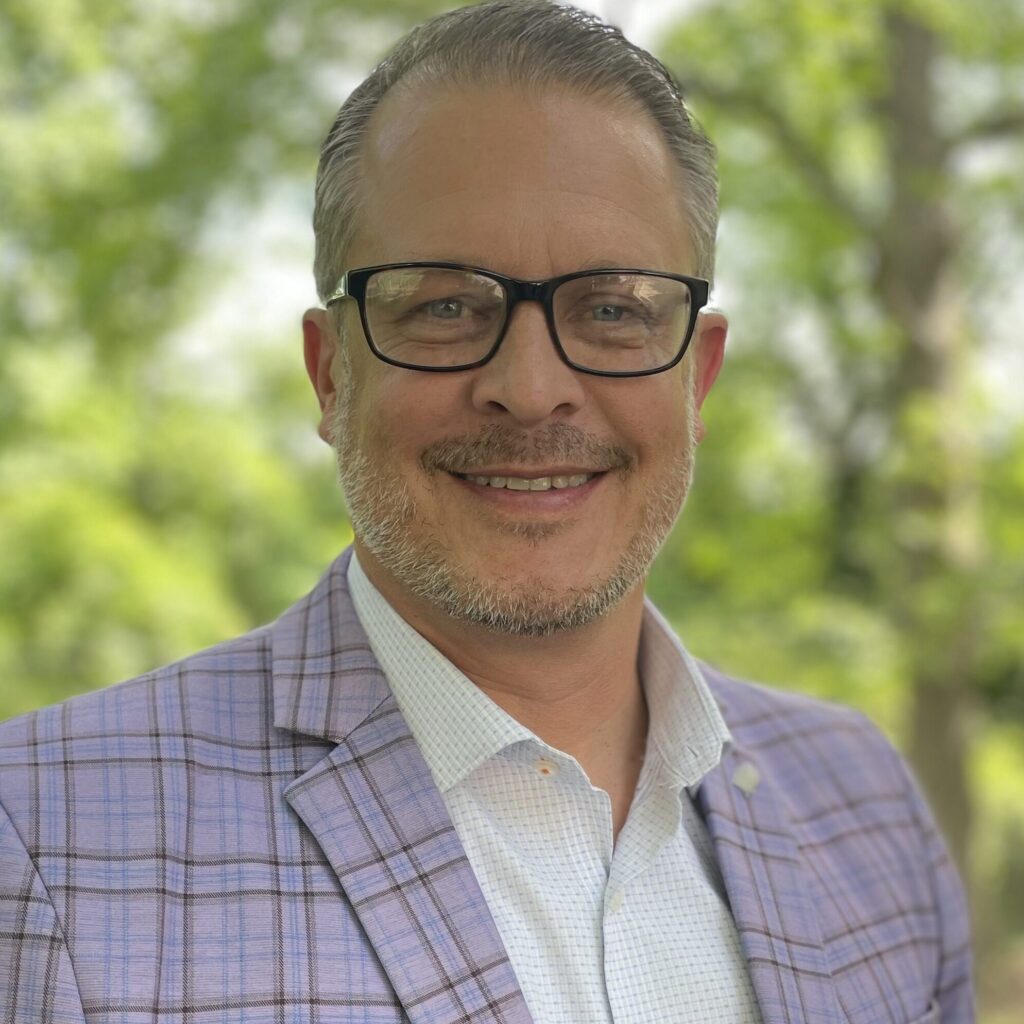Have you ever thought about what you would tell your younger leadership self? After 2 decades of transformational leadership, fully embracing school communities, analyzing strengths and weaknesses, and remodeling programs to thrive, it’s alarming to look back at how it all started. I had to learn by fire early on in my career. There was not a clear manual for operation. Transformation relied on listening to constituents, synthesizing feedback, casting a vision, and setting expectations going forward with cultural development preeminent. While it’s fair to point to success stories along the way, I’m not sure I really did it that well. I’m grateful for outstanding people all around me, and thankful the work was blessed despite my antics. I often think, if only I knew then what I know now.
We have a son in college, high school, and middle school. They have attended independent schools their entire lives. Periodically, we hear of something as parents that doesn’t align with our experience in independent school education. Please note, we try to be the parents that every teacher and administrator hope for: supportive of the work, affirming their care for our children, yet an accountable sounding board as needed. When we hear of something that piques our interest, we explore with curiosity and give the benefit of the doubt. We try!
When there’s a potential issue or concern, we ask our boys to follow up first. If further clarification is needed, we will accompany our son. If absolutely necessary, we will get more people involved to clarify the details and ensure like-mindedness. Is that the right way?
I can recall one example; we inquired about the use of a text in middle school. My wife, a literacy expert, reached out to the school since the clarification was beyond our son’s pedagogical understanding. When the return phone call came, the representative went straight into a several minute monologue and defense of the text and decision that was made without even asking clarifying questions. Did they really even know why we were inquiring? They were aware of my wife’s educational and experiential background, but they didn’t seek any insight. Truly, we weren’t “concerned”, we were more “curious” about how the text would be integrated. On our evening walk, my wife was telling me about the conversation, and she asked, “do you think you would have ever answered that way?”
Ok, time to swallow my pride. I remember the opportunity I was graciously afforded to lead a relatively large independent school athletic department at the age of 22. I clearly remember the advice and thinking, ‘fake it til you make it’! Is that really the best advice? As you can imagine, I made a number of mistakes. In an effort to make it, I faked it and covered my tracks. My errors weren’t critical, but they certainly impacted others indirectly. If only I had understood the value of authenticity back then. It would have empowered my leadership, built trust, and strengthened our culture. Learning more about building organizational culture and seeing great results increased my efficacy and led to successful experiences over the years. The progress is always challenging if you are a change agent and culture developer. So how do we guide the next 22-year-old that we empower? Here are a few of my thoughts:
- Start engagement with a leading curious question. The audience can tell when it’s not a curious question and you are more intent on speaking.
- Don’t use possessive pronouns. My, Mine. “My teachers are responsive.” “My coaches are invested.” “My school is committed.” We>Me.
- You don’t have to always disseminate knowledge; engage those around you that have experience and expertise. Facilitate. Move from ‘sage on the stage’ to ‘guide by their side’ (McCown, 2024).
- Be Vulnerable. Don’t hide in your office. Get real with people. Show emotion. Be fully engaged.
- Forgive…as you hope the audience will…whether your staff, students, parents, or community.
- Don’t cover mistakes. Own them. Admit them and apologize. If #5 is part of your culture, you’ll be all the better.
What would you tell your early leader self?
Grace and Peace,

